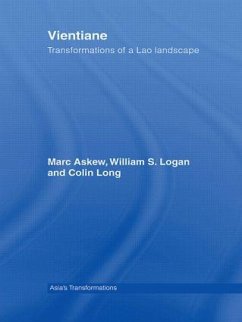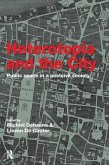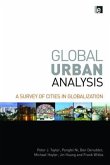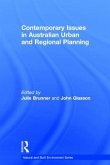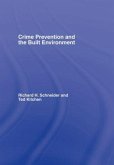Providing insights into this neglected Southeast Asian city, this interesting book interprets Vientiane's landscape - physical as well as imagined - as a reflection of key aspects of Lao geo-political history, the nature of Lao urbanism, and its critical relation to constructions of Lao identity in the contemporary period. It is argued that the patterns of change seen through Vientiane's past embody the key political and economic processes and transformations impacting on the people of Laos. The Lao urban past has rarely been an object of attention by scholars. Laos, in fact, is continually portrayed as a rural backwater, marginal to the dynamic trends affecting most of the Southeast Asian mainland. In contrast to these persistent and static portrayals of Laos as a tiny landlocked backwater, with no significant urban present or past, the authors aim to document, explain and evaluate the significance of the Lao urban landscape. Focusing on the theme of Vientiane's 'marginality' in its various forms, the book interprets this apparent marginality as an historically-produced phenomenon resulting from geo-politics dating from the pre-colonial period and extending into the post-colonial period. Drawing on a wide range of research materials, Vientiane is the first work of its kind on this ignored city.
Hinweis: Dieser Artikel kann nur an eine deutsche Lieferadresse ausgeliefert werden.
Hinweis: Dieser Artikel kann nur an eine deutsche Lieferadresse ausgeliefert werden.

